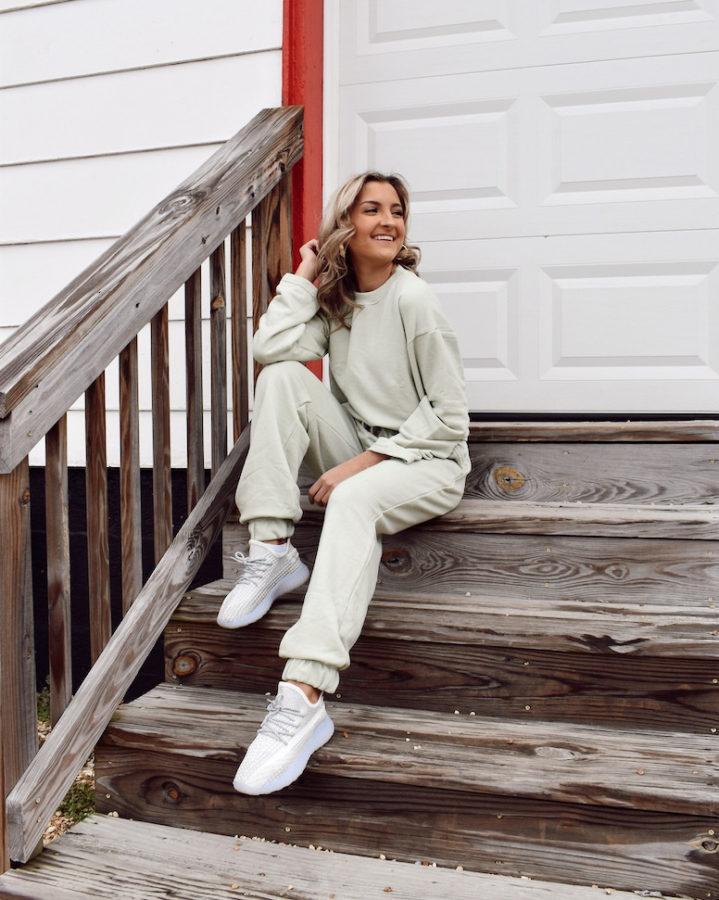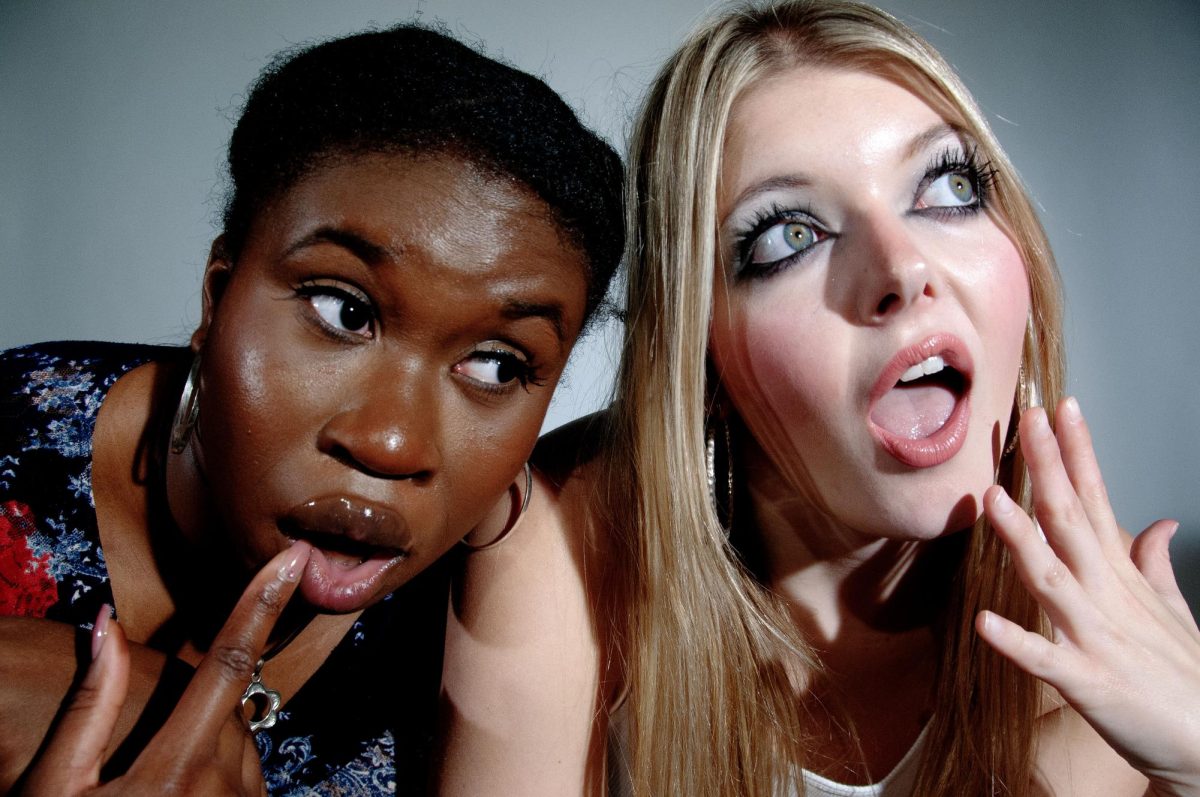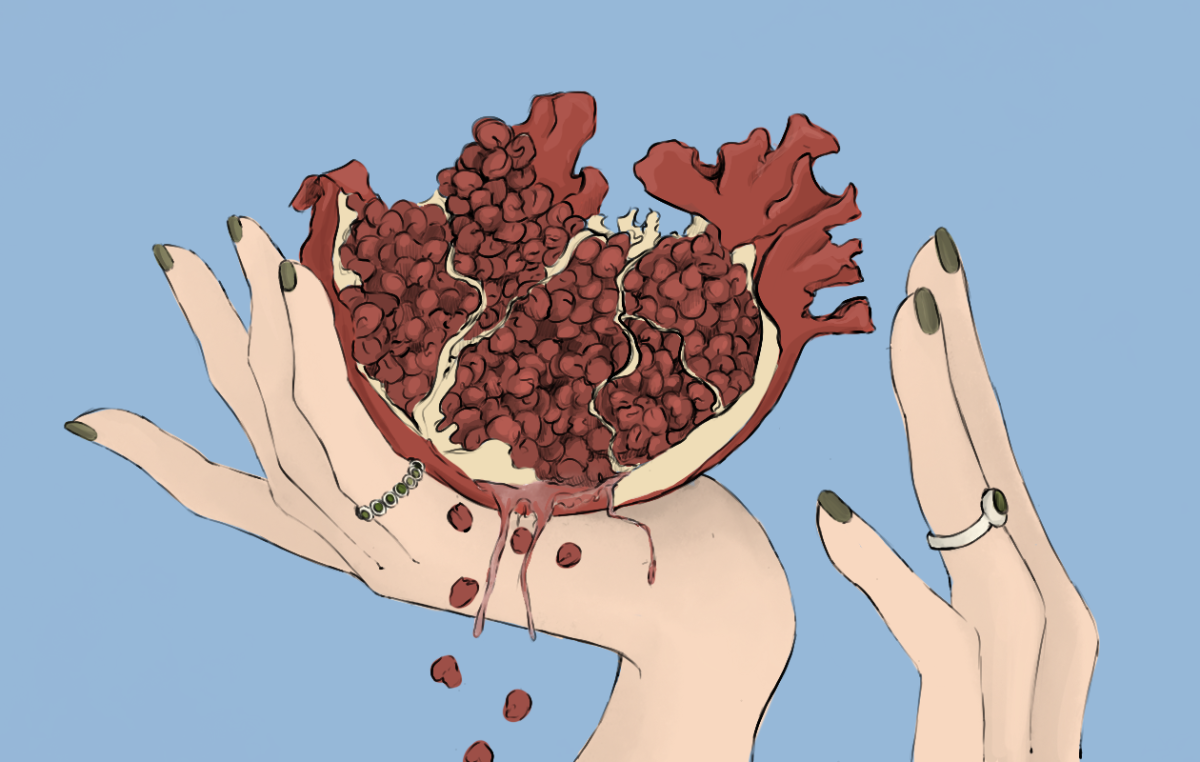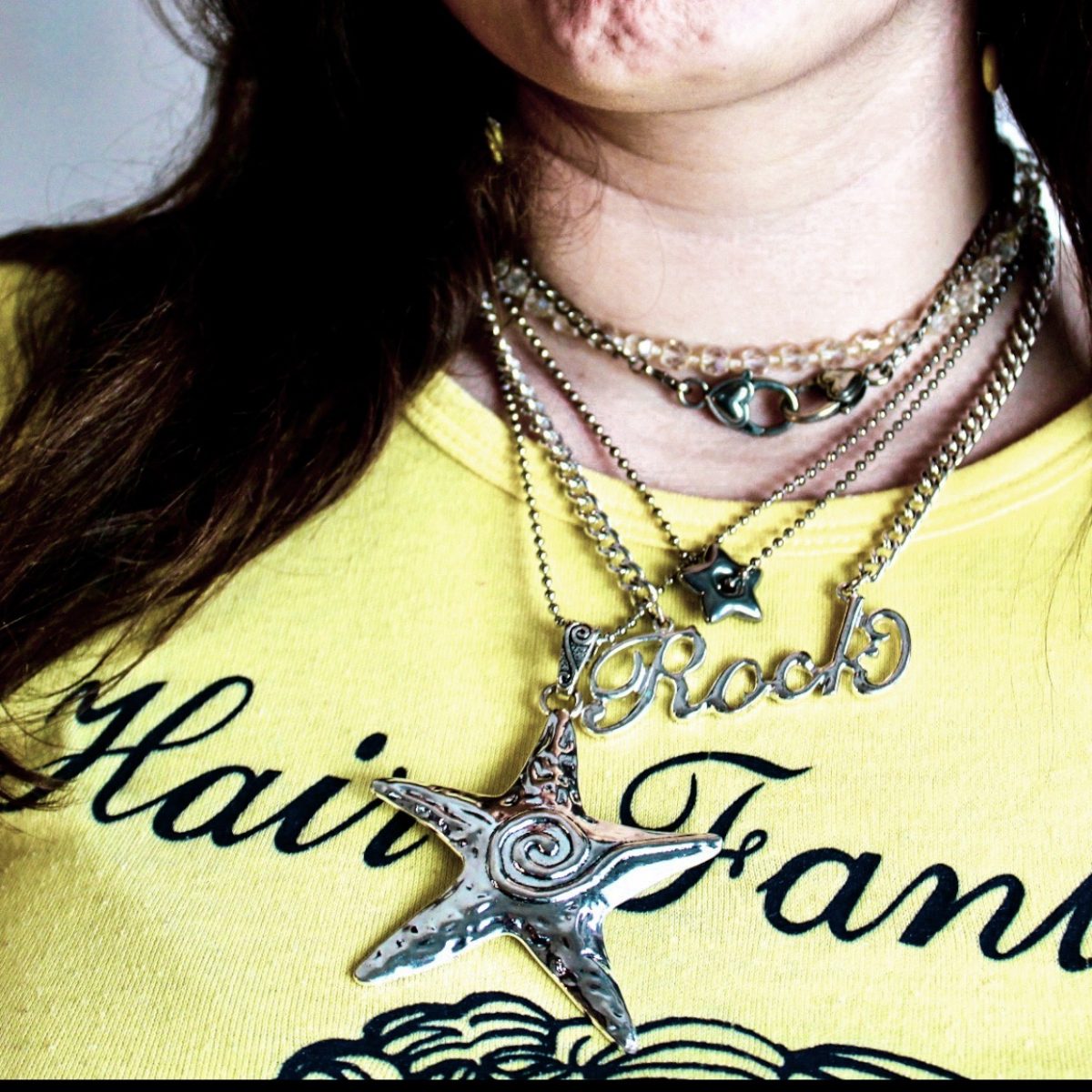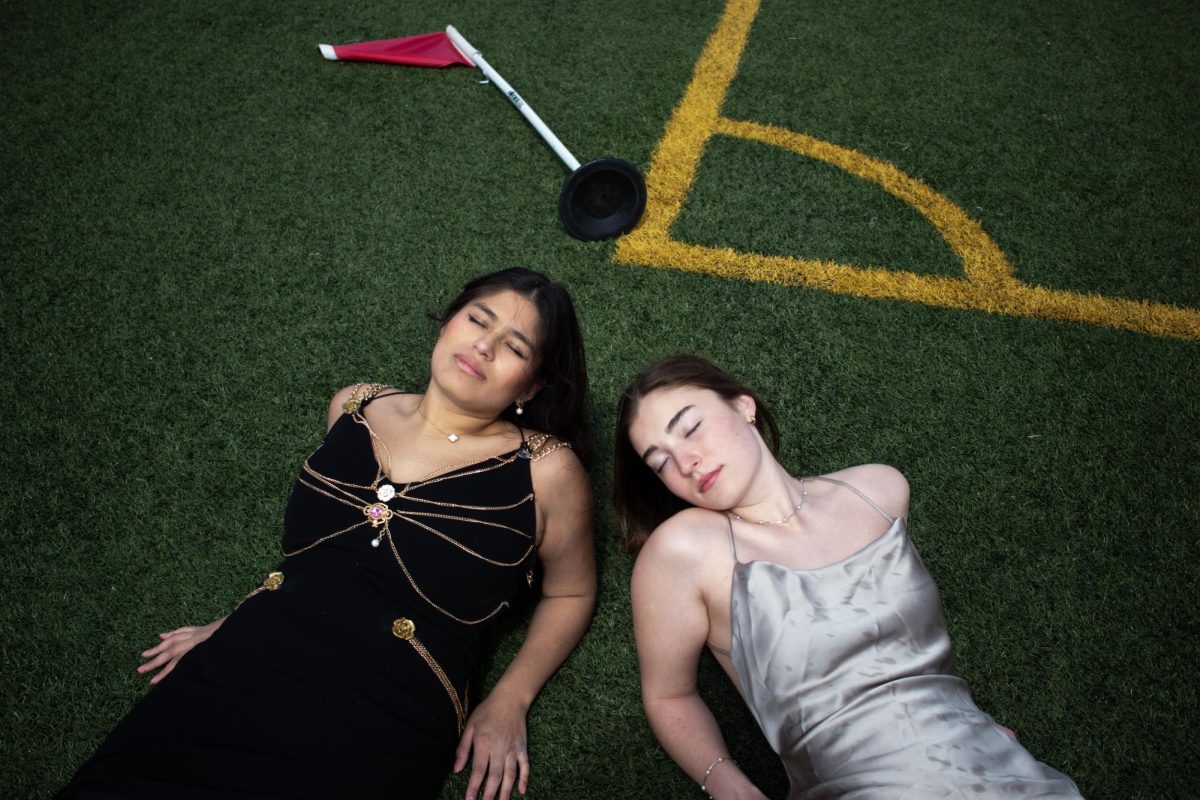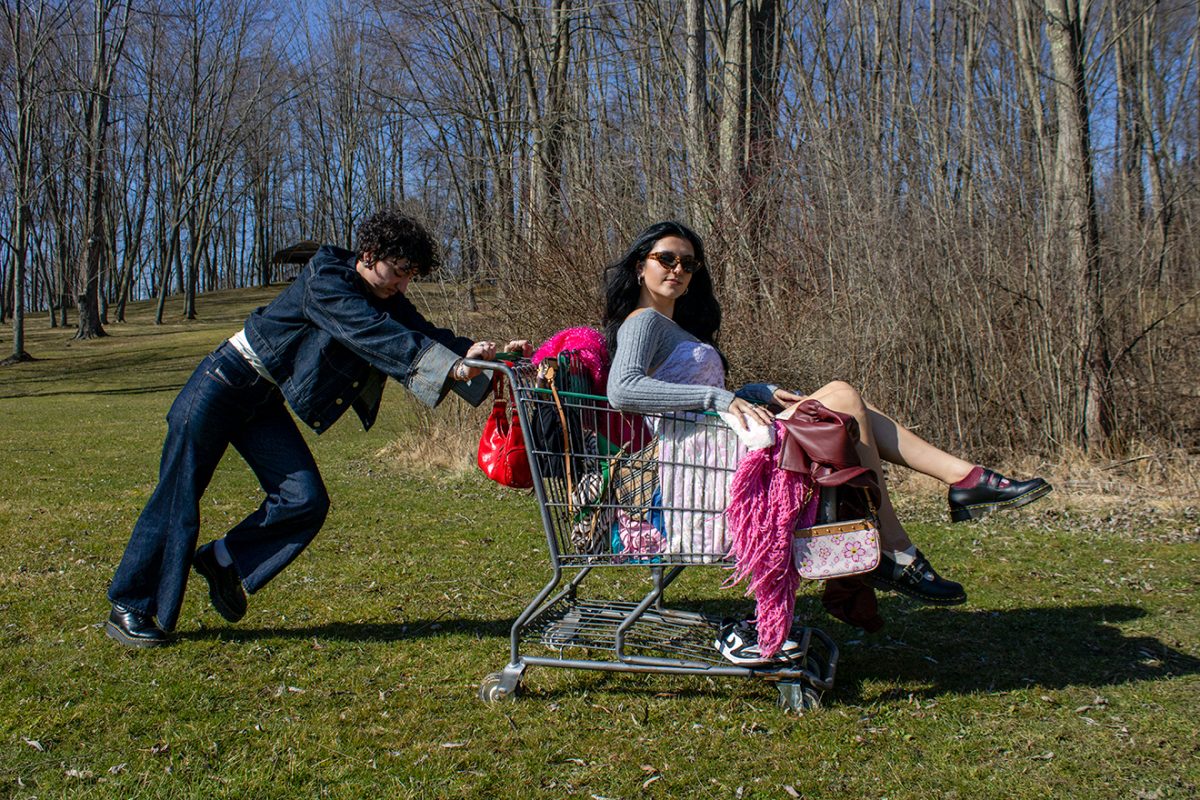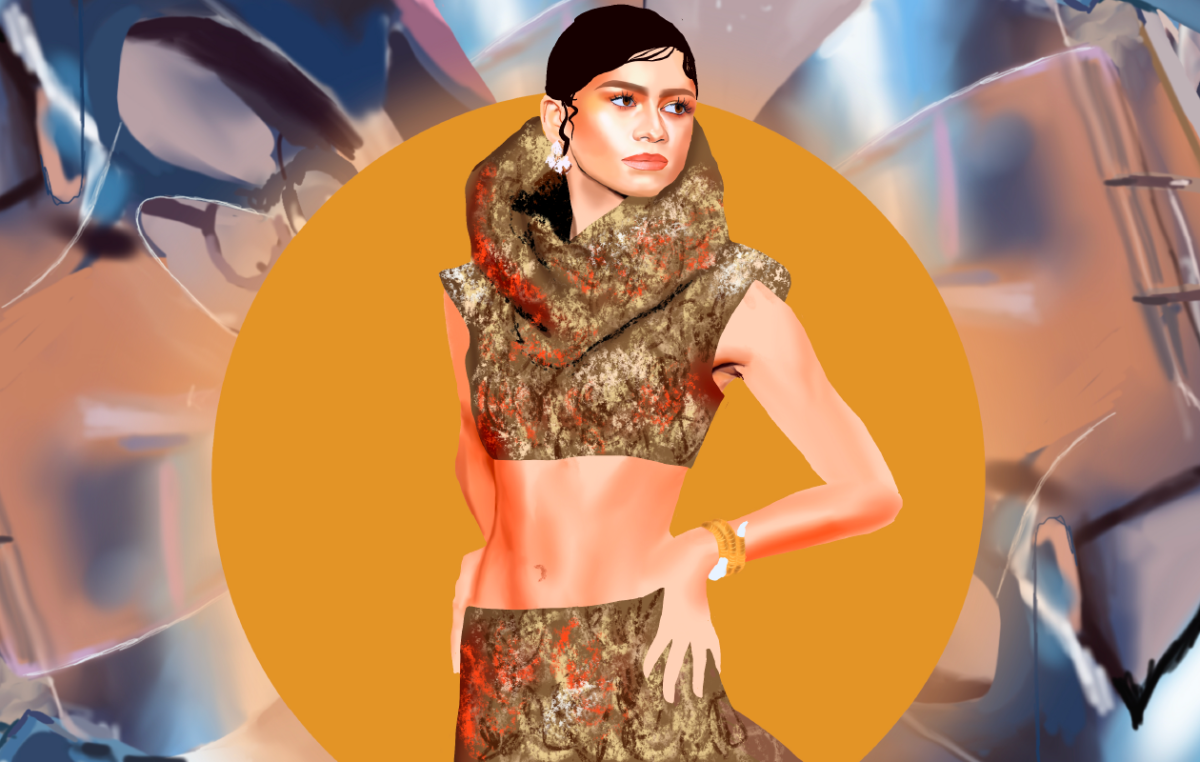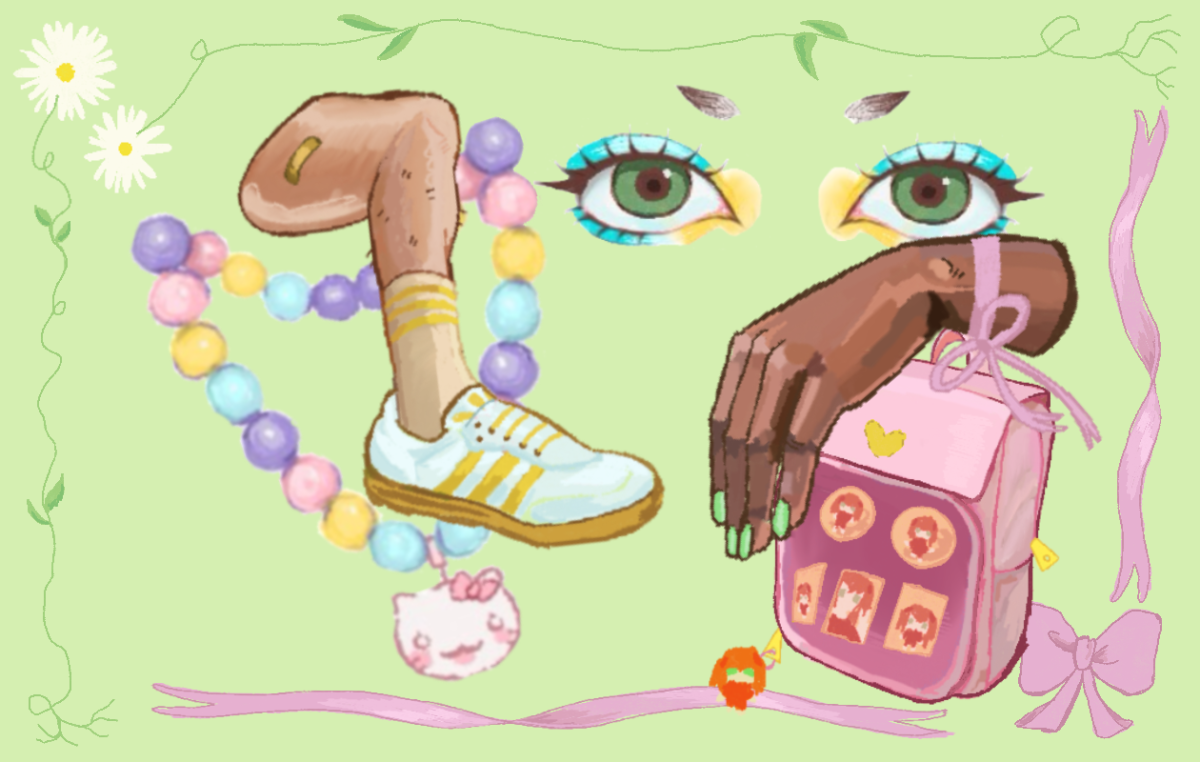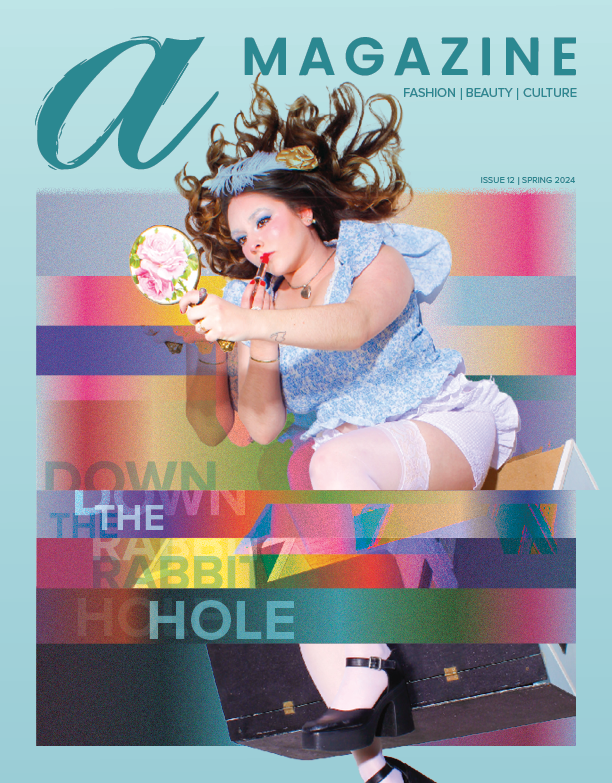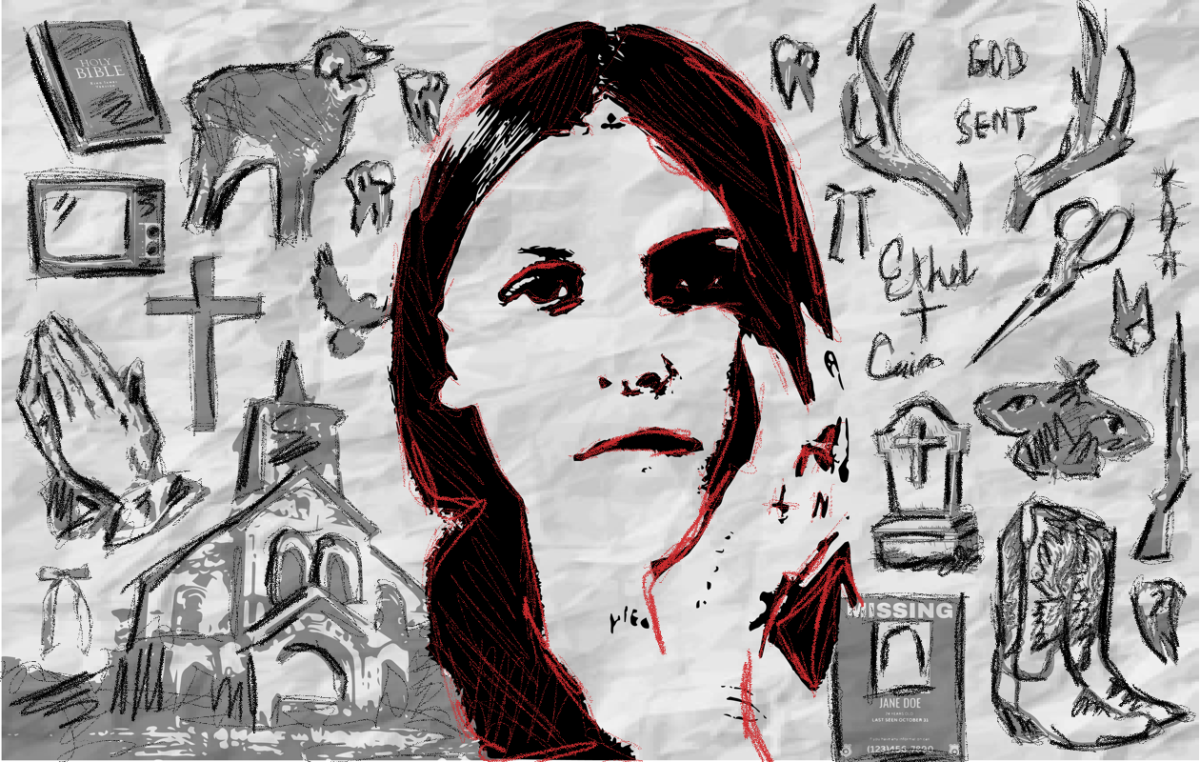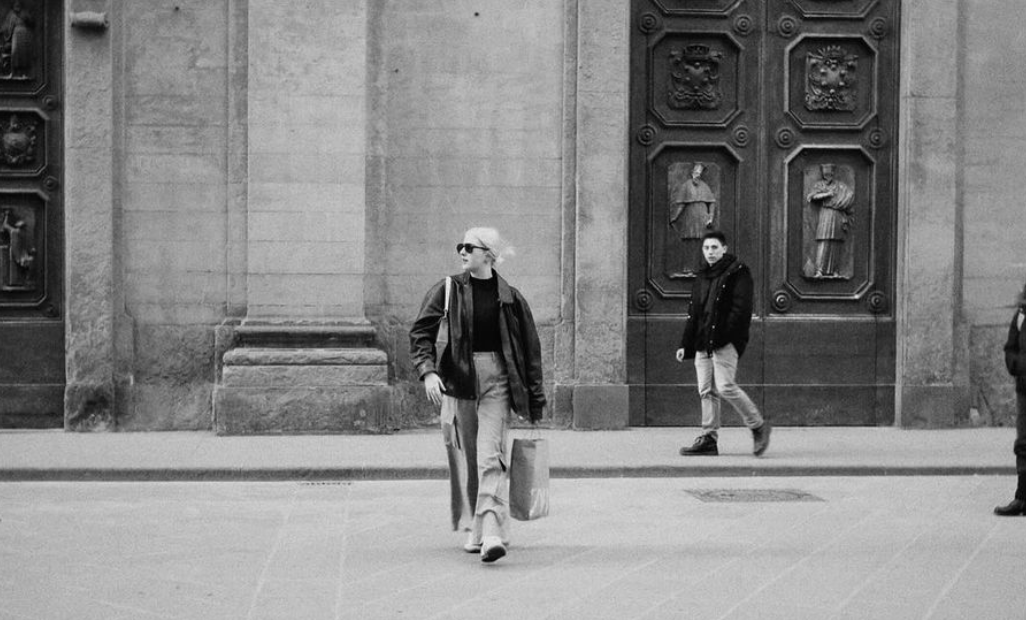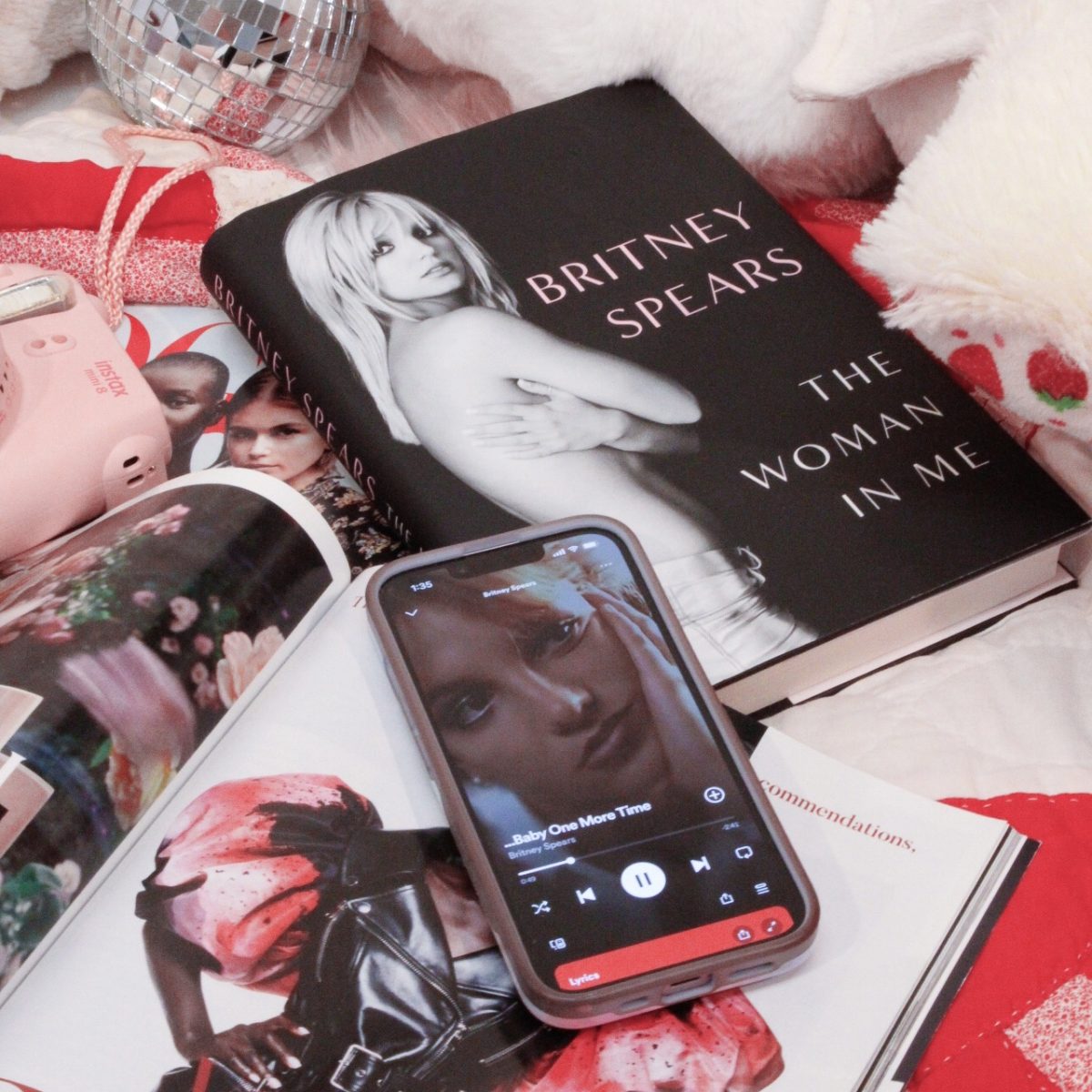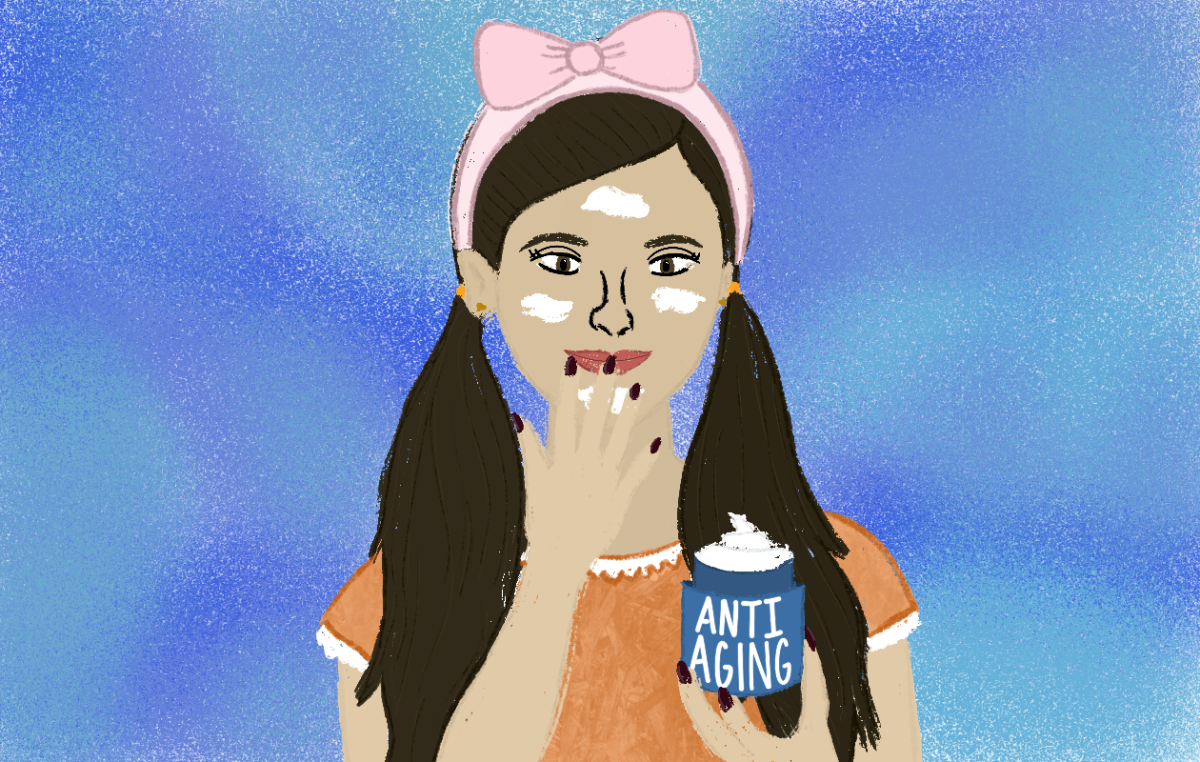It’s no secret that COVID-19 has changed a lot of us. Whether it left you living in your parents’ basement for six months, stuck working at home from the couch, or struggling to pay rent, almost everyone is leaving quarantine with a whole new outlook.
With businesses hoping to regain momentum, many storefronts have begun to reopen, sending hundreds of employees back to their pre-pandemic routines. However, statistics show that the fashion industry may be forever changed thanks to COVID. After a staggering 34% drop in clothing sales in March, the fashion industry is scrambling to get back on its feet and adapt to the new normal.

Although, very few professionals are finding themselves back in the office — aside from those in healthcare, food, or retail, very few people have returned to work. Even teachers are lecturing from their kitchen tables, leaving many people wearing a blouse on top and pajama pants on the bottom! So how exactly is the fashion industry expected to bounce back from such a drastic drop in numbers?
For one, 80% of clothing transactions still happen in a physical store. Retailers are hosting sales in hopes to draw people into the stores. However, few retailers can afford to host such sales. While yes, they do need business, many are desperate to turn a profit.
The reality is, many offices will never send their employees back to work after realizing the benefits of having them home. With no daily commute, fewer distractions, and higher productivity rates, in many cases, there is no real reason to pay for office space after COVID. In turn, this leaves several storefronts such as Lord & Taylor, Neiman Marcus and Men’s Warehouse filing for bankruptcy. There is no way for workwear companies to recover if half of the country is wearing sweatpants at their desk.
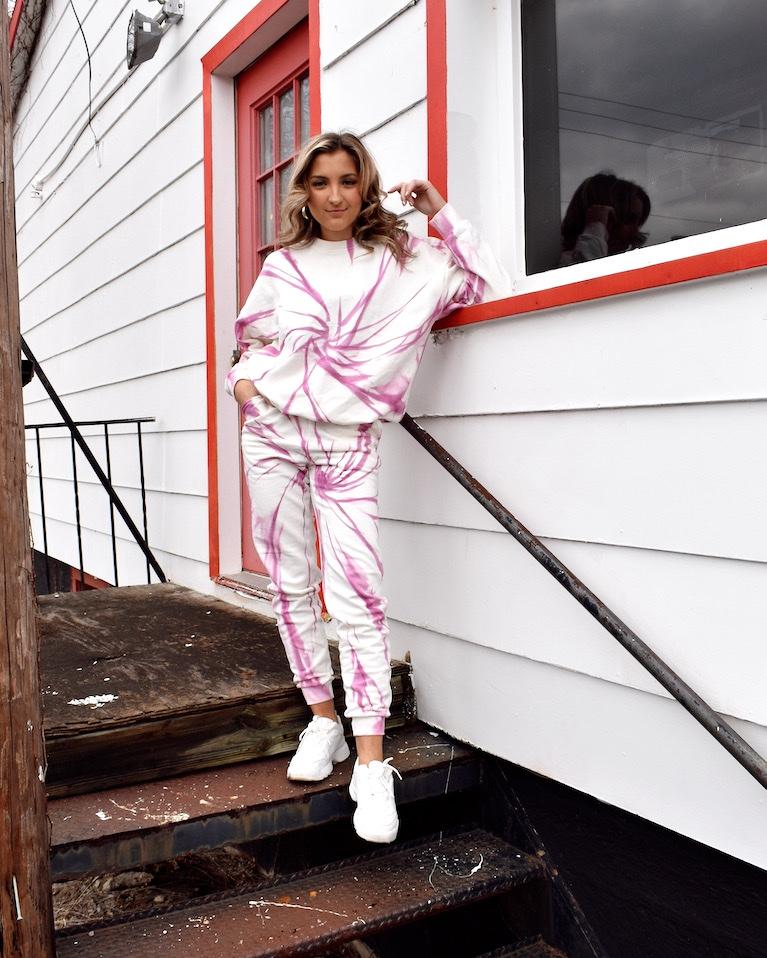
However, the fashion industry must persist. While storefront sales plummet, online sales skyrocket. Specific stores and certain niches saw huge increases in sales. For instance Boohoo, H&M and Gap began releasing more loungewear styles, spiking their sales by nearly 70%. The desire for sweatpants and the itch to shop from the bed is saving many retailers this season.
With photoshoots postponed, brands like UGG and Forever 21 have resorted to influencer marketing for new campaigns. Rather than gathering dozens of people to photograph new collections, companies are utilizing influencers to showcase their latest pieces from an at-home setting. Not only are these products then marketed in an appealing way to consumers, but it encourages online sales and promotes social distancing. It’s also saving these companies hundreds of dollars. Rather than paying a model, photographer, stylist and makeup artist they can pay just one influencer a flat rate fee, saving them money in the long run.

Although these times are uncertain, it’s safe to say that retailers all around the United States are left finding new ways to market their products and switch up their selling tactics. It will be interesting to see which retailers can use the fourth quarter to make a drastic comeback!
Support Student Media
Hi, I’m Maria McGinnis, a senior journalism student from Stow, Ohio. I’m also the editor in chief of A Magazine. My staff and I are committed to bringing you the most important and entertaining news from the realms of fashion, beauty and culture. We are full-time students and hard-working journalists. While we get support from the student media fee and earned revenue such as advertising, both of those continue to decline. Your generous gift of any amount will help enhance our student experience as we grow into working professionals. Please go here to donate to A Magazine.

